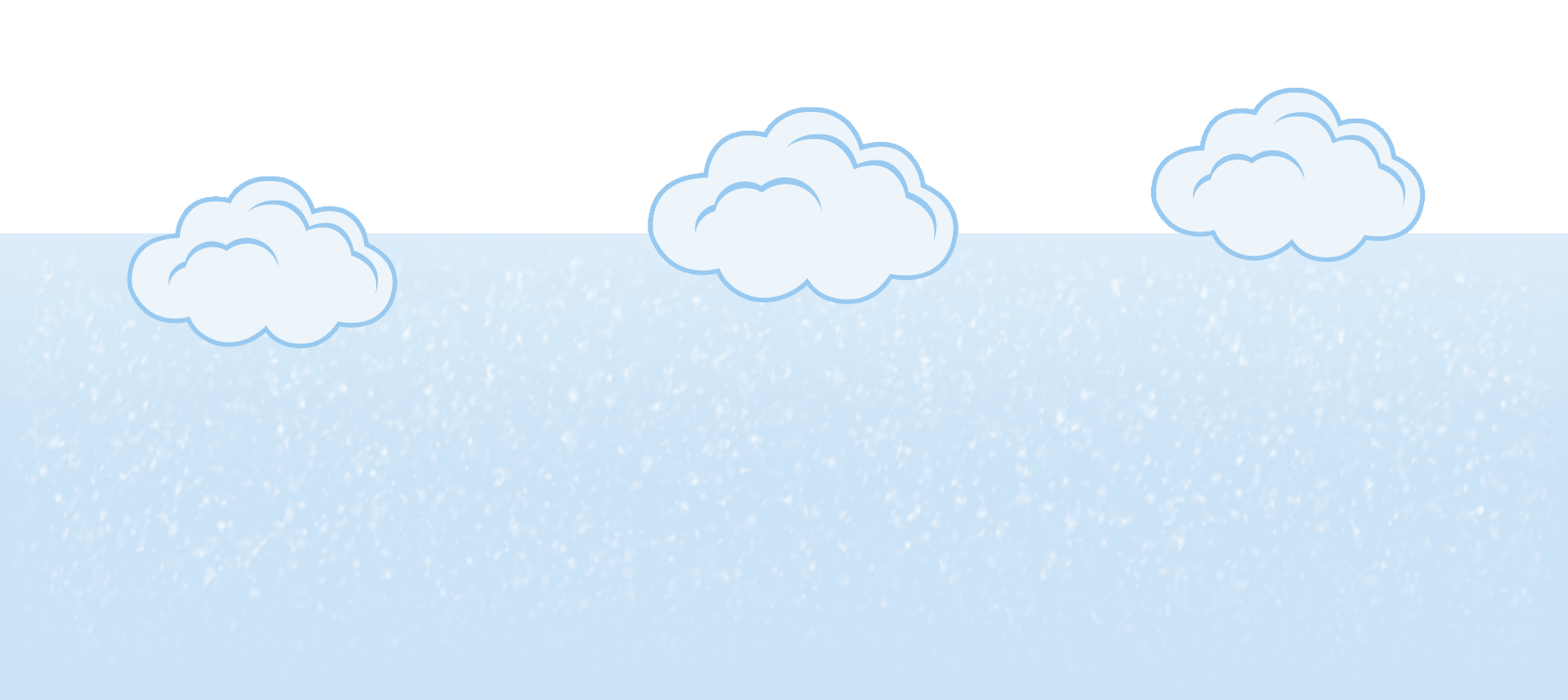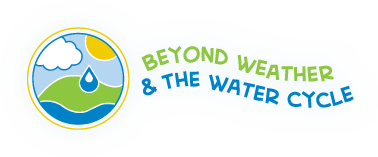In Beyond Weather and the Water Cycle, we’re exploring Climate Literacy: The Essential Principles of Climate Sciences, which summarizes the most important principles and concepts of climate science. In addition to the seven essential principles, the document also includes the Guiding Principle for Informed Climate Decision. It states:
Humans can take actions to reduce climate change and its impacts.
How can elementary teachers incorporate this guiding principle into their classroom? An emerging best practice from climate research is that teachers are better able to avoid overwhelming students, transcend boredom, and engage students by weaving science content with solutions. In this column, we help you and your students make the connection between knowledge and action.
In this issue, we focus on Essential Principle 7: Climate change will have consequences for the earth system and human lives. One consequence addressed by the essential principle is that the changing climate will alter the distribution and availability of freshwater resources, reducing access to water for many people and their crops. While elementary students can’t directly address this problem, they can learn the importance of conserving water and practice good conservation habits daily.
Here are some resources for teaching students about the importance of water conservation:
The Down the Drain Project
In this collaborative, real-data project, students collect data on water usage from people around the world. It’s a great way to help students understand the need to conserve water!
Water: Use it Wisely
The kids’ section of this web site includes games and lesson plans about water conservation. The site also includes a list of more than 100 ways to conserve water (found in the web site header).
WaterSense Kids
This site includes basic information about water conservation, five simple ways to save water, and a game. It also links to a page for teachers that includes worksheets and other resources.
DC Water for Kids
This web site offers cartoons, activities, lessons, and workbooks for students to learn about water and ways to conserve this important natural resource.
This article was written by Jessica Fries-Gaither. Jessica is an education resource specialist at The Ohio State University and project director of Beyond Weather and the Water Cycle and Beyond Penguins and Polar Bears. She has taught in elementary and middle school settings. Email Jessica at beyondweather@msteacher.org.
Copyright February 2012 – The Ohio State University. This material is based upon work supported by the National Science Foundation under Grant No. 1034922. Any opinions, findings, and conclusions or recommendations expressed in this material are those of the author(s) and do not necessarily reflect the views of the National Science Foundation. This work is licensed under an Attribution-ShareAlike 3.0 Unported Creative Commons license.




